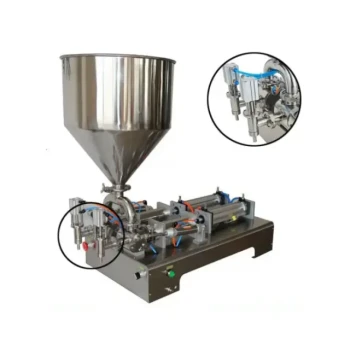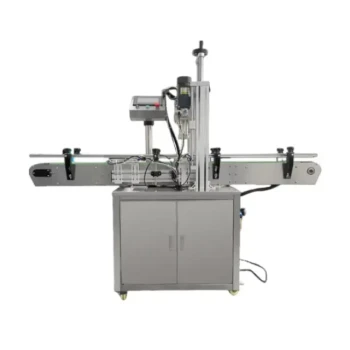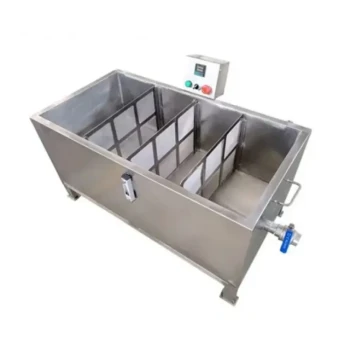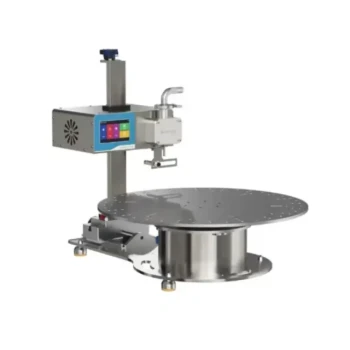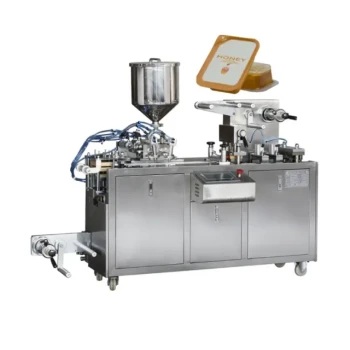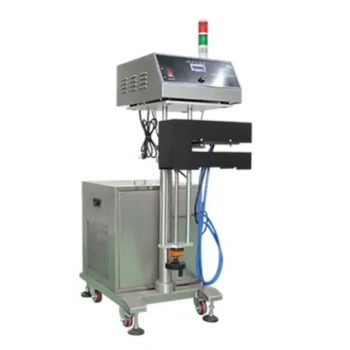The most common mistake a new beekeeper can make is harvesting honey from a colony in its first year. A new honey bee colony needs all of its initial energy to build the hive, raise a strong population, and stockpile enough food to survive its first winter. Taking honey too soon can deprive the bees of these critical resources, jeopardizing the survival of the entire colony.
Your primary role in a colony's first year is not to be a harvester, but a supporter. The honey produced belongs to the bees; prioritizing their survival is the only path to a strong, productive hive in the future.

A New Colony's First-Year Priorities
A package of bees or a new nucleus colony starts with nothing. Every action they take is focused on establishing a viable, self-sustaining home, and every action requires immense energy derived from honey.
Building the Foundation: Comb Construction
Before the queen can lay eggs or foragers can store honey, the bees must build the physical structure of their home: the wax comb.
Producing this beeswax is one of the most energy-intensive tasks for a honey bee. They must consume large quantities of honey to secrete tiny flakes of wax, which are then molded into the perfect hexagonal cells that house their young and store their food.
Raising a Workforce: Brood Rearing
A small starting colony must rapidly increase its population to become a resilient workforce. The queen's primary job is to lay thousands of eggs.
The nurse bees then feed the developing larvae a diet of pollen and honey. A larger population is essential for defense, climate control within the hive, and foraging for more resources. Taking their food source directly slows this critical population growth.
Stockpiling for Survival: Winter Stores
This is the most crucial task of the first year. A honey bee colony needs a substantial amount of honey—often 60 pounds or more—to survive the cold winter months.
During winter, the bees form a cluster around their queen, shivering their flight muscles to generate heat. Honey is the exclusive fuel for this life-saving activity. A colony that enters winter with insufficient stores will starve and freeze to death long before the first flowers of spring appear.
The Beekeeper's Role: Support, Not Extraction
Understanding the colony's first-year struggle re-frames the beekeeper's job from extraction to support. Your goal is to ensure the bees have everything they need to succeed.
Providing Supplemental Food
Most new colonies benefit from supplemental feeding. This usually involves providing a sugar syrup (a 1:1 mixture of sugar and water in the spring, and a 2:1 mixture in the fall).
This artificial nectar gives the bees a reliable source of carbohydrates, allowing them to draw out comb and build their population quickly without the stress of a poor nectar flow. It is a direct investment in their winter survival.
Monitoring, Not Harvesting
Your focus should be on regular, non-intrusive inspections. You are checking for the queen's presence, the brood pattern, signs of disease, and, most importantly, the rate at which they are building food stores. You are a manager ensuring a critical project stays on track, not a shareholder looking for a dividend.
Understanding the Trade-offs
Patience in the first year is not just a best practice; it is a calculated decision with clear consequences.
The Risk of Premature Harvesting
Harvesting honey from a first-year colony, even a small amount, directly increases the risk of winter starvation and colony collapse.
A weakened, smaller colony is also more susceptible to pests like Varroa mites and diseases. The short-term gain of a few pounds of honey is not worth the high probability of losing your entire investment and the lives of thousands of bees.
The Reward of Patience
The payoff for leaving all the honey is a strong, populous colony emerging from its first winter. This overwintered colony will begin its second year with a large workforce and drawn-out comb.
With these resources already in place, the colony can take immediate advantage of the spring nectar flow and build a significant honey surplus—the honey you can responsibly harvest.
Making the Right Choice for Your Goal
For a new colony, the decision is simple and centers on ensuring long-term success.
- If your colony was started this year: Your goal is to help them become strong enough to survive winter. Plan on harvesting absolutely no honey.
- If you want a productive, sustainable apiary: Treat the first year as a pure investment. Your patient support will be rewarded with a healthy, thriving colony that can produce a reliable honey surplus for many years.
Prioritizing your colony's health in its first year is the single most important step toward becoming a successful and responsible beekeeper.
Summary Table:
| First-Year Priority | Why It Matters | Risk of Early Harvest |
|---|---|---|
| Comb Construction | Bees need honey energy to build wax comb, the hive's foundation. | Slows colony establishment. |
| Brood Rearing | Food is needed to raise a strong workforce for hive resilience. | Weakens population growth. |
| Winter Stores | 60+ lbs of honey are required to fuel the cluster and survive winter. | High risk of winter starvation. |
Ready to build a thriving apiary? Your first-year colony's success depends on having the right equipment and support. At HONESTBEE, we supply commercial apiaries and beekeeping equipment distributors with the high-quality, wholesale-focused supplies needed to support healthy hives from the start. Let us help you make the right investment in your bees' future.
Contact HONESTBEE today to discuss your beekeeping needs.
Visual Guide
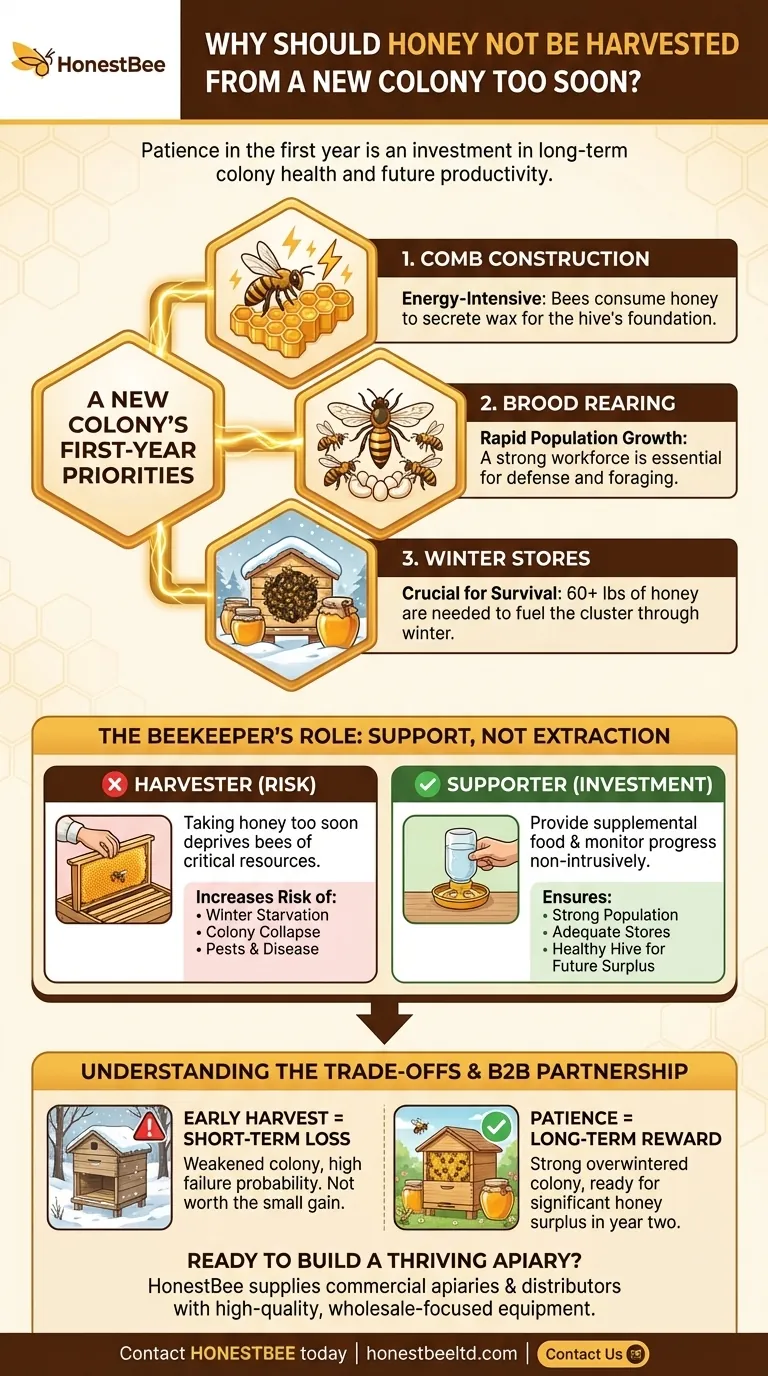
Related Products
- Manual Honey Filling Machine Bottling Machine for Honey
- Pneumatic Double Nozzle Honey Filling Bottling Packaging Machine
- Fully Automatic Honey Filling Packaging Machine for Processing Line
- Semi Automatic Small Honey Bottle Filling Machine Honey Filler
- Automatic Honey Filling and Filtering Machine for Beekeeping Bottle Filling
People Also Ask
- What are honey sticks and how are they used? Discover the Ultimate Portable Sweetener
- Why are specialized bee colony transport equipment and modified transport vehicles essential for managing bee migration?
- What is the step-by-step procedure for harvesting honey boxes from a Warre Hive? Expert Tips for a Successful Harvest
- What are the applications of Pfund scale colorimeters in honey grading? Master Commercial Standards & Pricing
- What are the production advantages of transitional local improved beehives compared to traditional beehives?
- What is the primary function of liquid nitrogen in the FKB test? Unlock Superior Honeybee Disease Resistance
- How does spatial analysis of water distance guide apiary equipment? Optimize Your Supply for Commercial Beekeeping
- What are the primary objectives for performing a hive split? Maximize Apiary Growth and Prevent Costly Swarming

